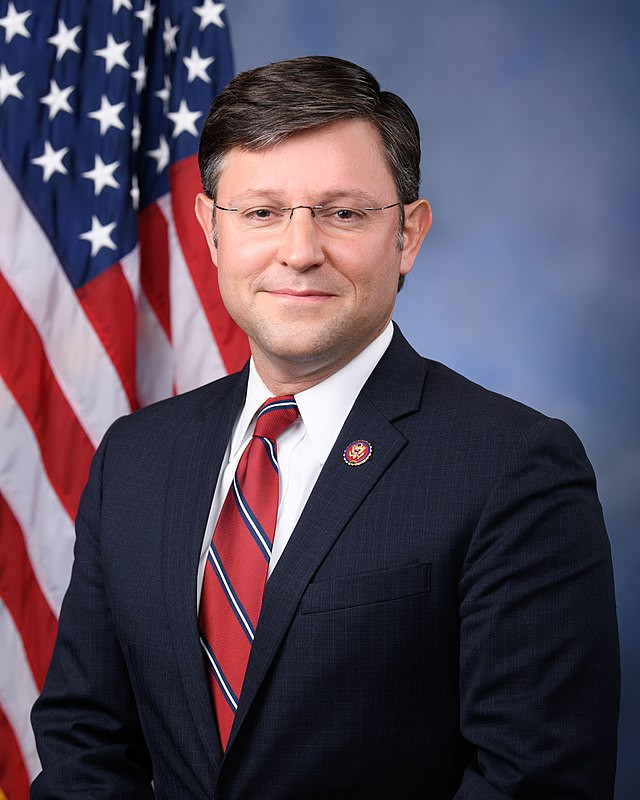In a whirlwind of political maneuvering, Rep. Mike Johnson (R-La.) has emerged as the latest GOP nominee for House Speaker, a position that has seen a tumultuous series of nominations and rejections in recent weeks. Johnson's nomination, however, has not been without its share of controversy, given his significant role in the efforts to overturn the 2020 presidential election results.
Before securing the GOP nomination for House Speaker, Johnson was deeply involved in then-President Donald Trump's attempts to challenge Joe Biden's electoral victory in the 2020 election. As an ally of Trump and the current GOP caucus vice chair, Johnson led an amicus brief that was signed by over 100 House Republicans. This brief supported a Texas lawsuit that aimed to invalidate the 2020 election results in four key swing states that Biden had won: Georgia, Michigan, Pennsylvania, and Wisconsin.
The lawsuit, spearheaded by Texas Attorney General Ken Paxton, a Republican, sought to delay the electoral vote in these states, allowing for further investigations into voting issues. This came amidst Trump's refusal to concede his electoral defeat. The lawsuit's main contention was that these states had changed their voting rules without the express approval of their legislatures prior to the 2020 election.
Johnson's involvement in this effort was underscored by an email he sent to his GOP colleagues, urging them to support the lawsuit. The email, which was later obtained by NBC News, revealed that Johnson was acting on a direct request from President Trump. However, the lawsuit was met with significant backlash from legal experts and state attorneys general, who criticized it as a baseless "publicity stunt." The Supreme Court eventually dismissed the lawsuit, stating that Texas did not have a valid interest in how other states conducted their elections.
Despite this controversial backdrop, Johnson's nomination for House Speaker has been met with a sense of relief and unity within the GOP. His nomination came after a series of failed attempts to secure a nominee, with the GOP conference going through 22 days, 14 candidates, four nominees, and three floor votes. Johnson's nomination was seen as a potential end to this chaotic process, with many Republicans expressing their support for him.
Johnson's political journey has been marked by his conservative stance on various issues. Elected to the House in 2016 alongside Trump, Johnson has been known for his work as a constitutional litigator for right-wing causes. He quickly rose through the ranks, becoming the chairman of the Republican Study Committee in his second term and later the conference vice chair.
However, Johnson's rapid rise has also brought scrutiny. His involvement in efforts to overturn the 2020 election results has been a point of contention. Additionally, his views on contentious social issues, such as abortion and civil rights, are expected to be closely examined in the coming days.
Yet, for many within the GOP, Johnson represents a unifying figure. As Rep. Carlos Gimenez (R-Fla.) noted, Johnson is a "straightforward leader" who can bring together the Republicans. Similarly, Rep. Chip Roy (R-Texas) described Johnson as "the right guy at the right time."
As the GOP looks to the future, Johnson's nomination and potential election as House Speaker will undoubtedly shape the direction of the party and its approach to governance in a deeply polarized political landscape.




